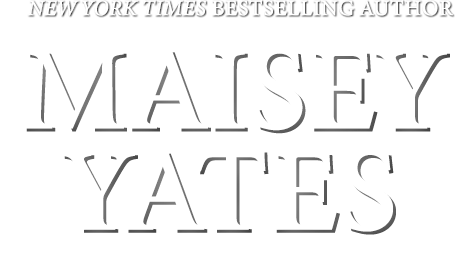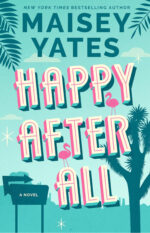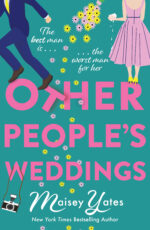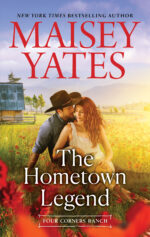Some Stuff About My Process
My process is a fluid and strange thing. I don’t think I’ve ever had a book work exactly the same as the one before it. Some ideas come in fully formed, while others are just little germs that I have to add moisture to and stick in a damp cupboard so they can grow more spores. (lovely imagery!)
Disclaimer: The following post has not been evaluated by the FDA, not only that, it’s personal to me, as always. It guarantees nothing except general rambling.
I just turned in revisions for Presents #10 (Girl on a Diamond Pedestal, AKA The Aussie, release date TBA) and now I’m getting ready to start on the fourth and final book of my current contract.
At the beginning of this contract, I was asked to submit four proposals, one for each book on the contract. And I was asked that one fit a specific theme so that it could be a part of the One Night In… series.
So I submitted different outlines, each one between one and three pages, to give my editor an idea of what I was thinking of doing for the year.
I’m a horrible outliner, FYI. My outlines are made of suck and broken dreams, and it is entirely possible there is one floating around in the ether that includes the phrase ‘cowboy baby daddy’.
But since I am A) not a plotter and B) not a terribly strong synopsis writer, I try to keep it short and to the point. I focus on set-up, character and internal conflict. The fine niggly details are hard for me to pin down, since I don’t have a laundry list of scenes in my head that I’m aiming for. But I find that if I can sell strong characters, an interesting initial set-up and the promise of a solid conflict, that’s usually enough!
In fact, interesting point, my shortest outline was the one my editor asked me to write first, and my most detailed outline (and by detailed, I mean it was filled with ‘and then this will happen and they will do and that will make this happen and then after that this will happen’) was the one that was met with the most Meh response.
In my experience, the ‘they do this, then they do this’ is MUCH LESS IMPORTANT than the characters themselves, their goal, motivation and conflict.
So then typically (this step got skipped a couple of times this contract) I’ll write a partial after my editor has had a look at the outline. The reason I do the partial still (not everyone does, for various and valid reasons) is that I find if I can nail the beginning it cuts down on my revisions pretty significantly once I have the full completed.
Then I revise the partial according to my editor’s notes, and continue on with the full. After which there will be more revisions almost certainly! XD
Right now, I’m getting started on my new MS (#11!! EGADS!!) and hope to have the partial ready to go to my editor sometime next week. (that will all depend on how well these character behave, The Coffee Magnate was my most luke-warmly received outline, and while I have completely revamped the idea, I’m having trouble getting a handle on these characters!)
So that’s a little bit on how I’ve worked with my editor since going to contract! If anyone has any questions, feel free to ask in the comments!
Comments
3 Responses | TrackBack URL | Comments Feed








I’m taking an online RWA class and am finding myself struggling between following the “rules”and letting my pantser within run the show. It did get me thinking about a few scenes I’d like to add, but I grow increasingly nervous when I start feeling boxed in. I like to hear other author’s processes so I get permission to do things my way. 😉
The manuscript I just finished came out amazingly smooth, and other than knowing their pasts, I let the story lead me around be the nose.
Jessica, I think it’s good to be able to at least pretend you’re following rules…meaning, to submit, you DO have to have a synopsis, so being able to ‘fake it’ is good. 😉 But, with my latest outline, I was told ‘I need an outline, it’s okay if it changes.’ YAY. Because I know me, and it will. I don’t know a whole book from step one, and I CERTAINLY haven’t gotten down to the real meat of the book until I start writing it, because only by writing it can *I* really start to know my characters.
Pantsing is valid, and it’s normal. You are not alone. 🙂
Thanks for reminding me of the important parts of the story. When I am starting out on a new book, I tend to get bogged down in the details of who does what when. And that isn’t really the important part. If I have the character, goal and conflict the whats and whens tend to sort themselves out.